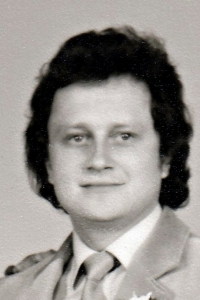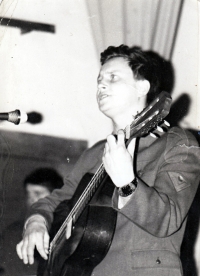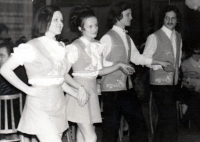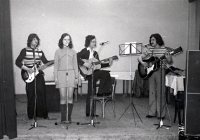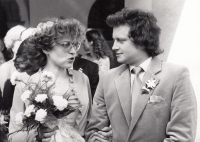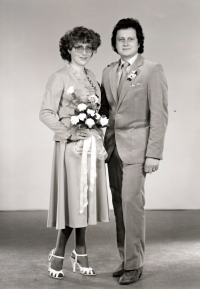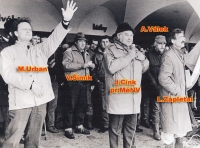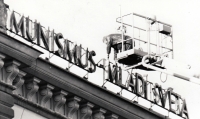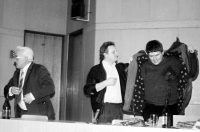Let’s fight for the truth. A lie is the ground of all evil.

Download image
Miroslav Urban was born on May 24, 1956 in Nový Jičín. The parents were religious Catholics. Her father worked as a repairman of electrical appliances, her mother sewed for communal services and then cleaned up at school. His great-uncle, a Catholic priest Alois Urban, was imprisoned by the communist regime. The family met with other persecuted priests. Because of his religious beliefs, he did not receive referrals to high school studies. He apprenticed telex and for over thirty years repaired telexes in Nový Jičín district. In 1985 he participated in a pilgrimage in Velehrad, which grew into a demonstration against the totalitarian regime. He was a signatory of the petition of Moravian Catholics for religious freedom and distributed the manifestation called ´Several sentences´. In November 1989 he was among the first to support the student strike in Nový Jičín. He initiated the founding of the Civic Forum and organized anti-government demonstrations. In 1990 he became the chairman of the People’s Party in Nový Jičín and worked as the town councillor. In 1998, he left the KDU-ČSL due to the candidacy of a former state policeman in Bílovec. In 2005 he returned to the management of the organization in Nový Jičín. Three years later, the Christian Democrats from Nový Jičín created the coalition with the Communists, and he left the party for good. In 2019 he co-organized demonstrations in Nový Jičín against the government of Andrej Babiš.
